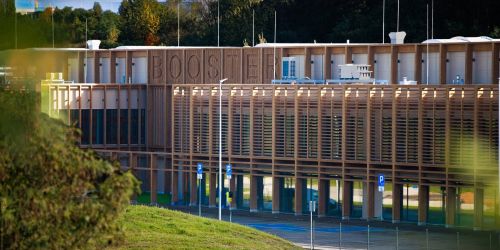A new profession will be born in January 2009 – ‘energy auditor’, that is, an official who issues certificates of energy performance for a building or premises The obligation to evaluate a building’s energy consumption came with Poland’s accession to the EU. A 2002 directive passed by the European Parliament requires that all newly constructed buildings and those put up for sale will need valid energy certificates. But the roots of the energy audit idea go much deeper. According to Łukasz Mazurczak, property manager at Cushman & Wakefield: “The American Energy Star programme set up by the American Environment Protection Agency and the Department of Energy lies at the foundations of building certification. A certificate of efficient energy consumption was introduced in 1992, in which the target was not only buildings but extended to energy consuming products.” In line with the amendment to the Act of 19th September 2007, in Poland building

























































